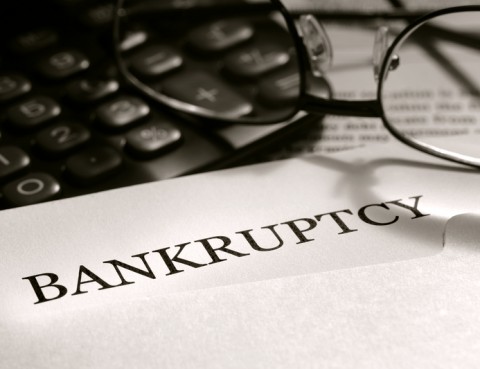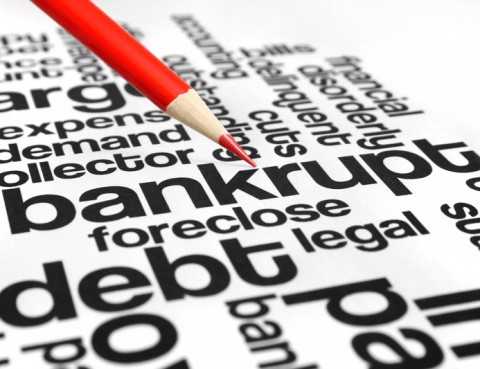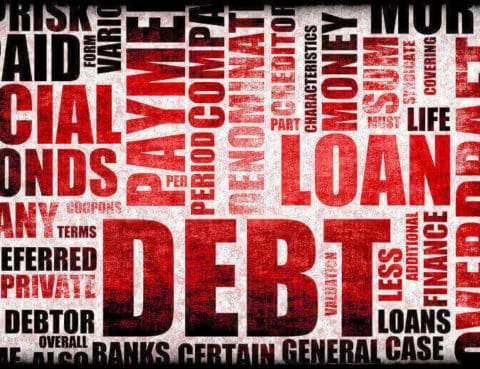If you have recently decided bankruptcy is the right choice for you, you may have questions about how to file for bankruptcy. Understanding timelines as well as the different forms you will need to complete is essential to the success of your bankruptcy case. For many, the paperwork alone can seem overwhelming. While it is…
If you’ve made the decision that bankruptcy is the right choice for you, you may find yourself asking, “What happens when you file for bankruptcy?” The process of filing is complex, and it requires a great deal of documentation, strong organization skills, and attention to detail. Without a good sense of what to expect, it…
Declaring bankruptcy may seem like an overwhelming process, so it’s important to first understand exactly what bankruptcy means. Simply put, bankruptcy is the legal process to relieve individuals and businesses of some or all of their debt. There are different types of bankruptcy, and your financial situation and assets will help determine your options to…
The current Coronavirus pandemic has caused tremendous financial hardship for many Americans. An April 30, 2020 BBC News article reported that 30 million people in the United States have filed for unemployment benefits in a span of six weeks. In these tumultuous and uncertain times, it is hard to believe that the COVID-19 pandemic may…
As Atlanta shifts from social distancing to a mandated 14-day stay-at-home order, many are concerned about the health and financial ramifications of the coronavirus crisis. Businesses not considered essential have already temporarily shuttered their doors, and this may leave many with reduced or no income. If you’re out of work, you may find it difficult…
There are many reasons for filing bankruptcy. An individual might be facing foreclosure of a home, repossession of a vehicle, overwhelming credit card debt, medical debt, or debt from a failed business. While it is important to understand why people file for bankruptcy, it is also beneficial to consider when to file. Your timing can…
The cost to attend a college or university isn’t cheap, but it is still very much a part of the American Dream to graduate and launch a successful, well-paying career. But many people find that their student debt follows them for decades, making it seemingly impossible to achieve financial goals such as purchasing a home…
Our modern bankruptcy law has a long history dating back to the Mosaic Law under which debts owed by members of the Jewish community were forgiven every seven years, a year known as the Sabbatical Year. The seventh Sabbatical Year was followed by the Year of Jubilee, whereby all debts were mandated to be forgiven…
When filing for bankruptcy protection, you are required by Federal law to list all your property, regardless of whether you owe anything on that property. Many people think that if they list property in their bankruptcy case, they will lose it, so they avoid filing for bankruptcy protection. Bankruptcy exemptions are designed to protect your…
If you’re having trouble paying off your debts, then you might hear about an option called “debt settlement.” Some debt settlement companies, attorneys, and even people you know may tell you it’s a much better option than bankruptcy. But what is it, exactly? And what are the key differences between filing for bankruptcy and undergoing…










